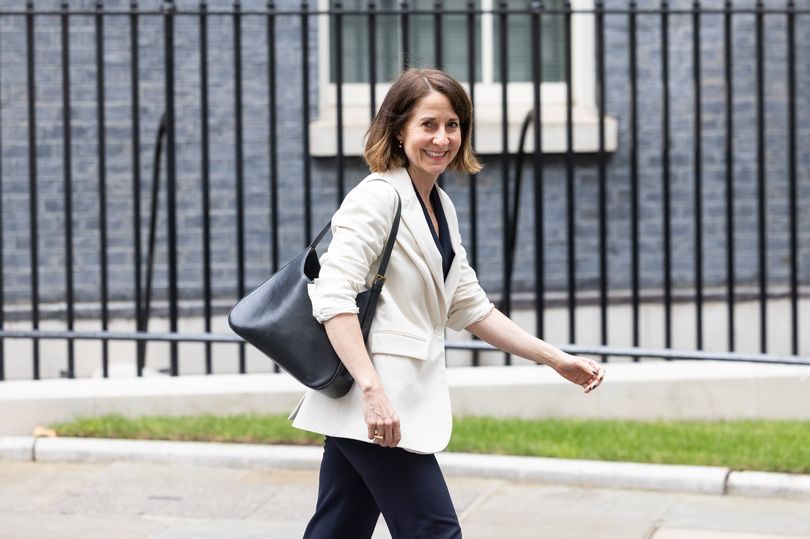In a significant move, the Government has promised to shield existing Personal Independence Payment (PIP) recipients from anticipated DWP cuts, ensuring their benefits remain intact.
A letter from Work and Pensions Secretary Liz Kendall to members of Parliament confirmed that this protection would extend to Universal Credit adjustments. This development succeeded considerable discussions with backbench MPs, resulting in over 120 of them endorsing an amendment poised to derail the bill.
Sir Keir Starmer’s Universal Credit and Personal Independence Payments bill is poised for its second reading on Tuesday. A spokesperson for Downing Street said: “We have listened to MPs who support the principle of reform but are worried about the pace of change for those already supported by the system.
- DWP state pension rule sees £634 pay boost for everyone born in these years
- DWP update on PIP appeals process as 8,900 claimants wait for decision
“This package will preserve the social security system for those who need it by putting it on a sustainable footing, provide dignity for those unable to work, supports those who can and reduce anxiety for those currently in the system. Our reforms are underpinned by Labour values and our determination to deliver the change the country voted for last year.
PIP, dedicated to individuals with long-term health conditions or disabilities, aids those struggling with daily tasks or mobility. It comprises two elements – one for everyday task assistance and another for mobility support, reports
Chronicle Live
.
The level of PIP you receive depends on the difficulties faced in everyday activities and travel. The Government has announced updates to how these assessments are determined.
How is the system changing?
Initially, the Government’s plans sought to tighten PIP eligibility and restrict the sickness component within Universal Credit, giving current recipients a 13-week window to adjust financially. This was perceived as an attempt to mitigate backlash and lessen the blow of these alterations.
The Work and Pensions Secretary has since acknowledged public concern, reassuring claimants in her statement: “We recognise the proposed changes have been a source of uncertainty and anxiety. We will ensure that all of those currently receiving PIP will stay within the current system. The new eligibility requirements will be implemented from November 2026 for new claims only.
“We recognise the proposed changes have been a source of uncertainty and anxiety. We will ensure that all of those currently receiving PIP will stay within the current system. The new eligibility requirements will be implemented from November 2026 for new claims only.
“Secondly, we will adjust the pathway of Universal Credit payment rates to make sure all existing recipients of the UC health element – and any new claimant meeting the severe conditions criteria – have their incomes fully protected in real terms.”
She stated that a ministerial review would guarantee the benefit is “fair and fit for the future” and will be a “coproduction” with disabled people, organisations representing them, and MPs.
“These important reforms are rooted in Labour values, and we want to get them right,” she declared. The proposed adjustment in PIP payments aims to safeguard some 370,000 current beneficiaries who were at risk of losing out due to reassessment.
What’s the next step?
Should the bill pass its initial test on Tuesday, it will undergo a brief period of scrutiny by all MPs the following week, bypassing the extended examination typically conducted by a committee dedicated to reviewing the Bill. Dame Meg Hillier, chairwoman of the Treasury select committee, had submitted a “reasoned amendment” suggesting that disabled individuals haven’t been adequately involved and that the proposed changes require more thorough investigation.
She commented: “This is a good deal. It is massive changes to ensure the most vulnerable people are protected… and, crucially, involving disabled people themselves in the design of future benefit changes.”













